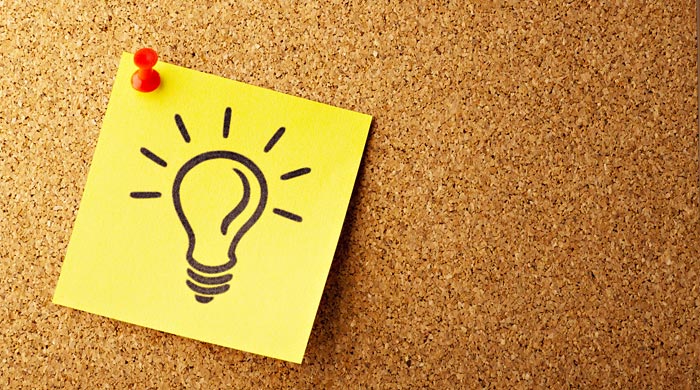|
|
|

Heating and cooling your home uses more energy and drains more energy dollars than any other system in your home. Typically, 44% of your utility bill goes for heating and cooling. No matter what kind of heating, ventilation and air-conditioning system you have in your house, you can save money and increase comfort by properly maintaining and upgrading your equipment.
Heating Tips
- Set your thermostat as low as it is comfortable.
- Clean or replace filters on furnaces once a month.
- Clean warm-air registers, baseboard heaters and radiators as needed; make sure they're not blocked by furniture, carpeting or drapes. Use kitchen, bath and other ventilating fans wisely; in just one hour, these fans can pull out a houseful of warmed or cooled air. Turn fans off as soon as they have done the job.
- Keep draperies and shades open on south-facing windows during the heating season to allow sunlight to enter your home; close them at night to reduce the chill you may feel from cold windows.
- Close an unoccupied room that is isolated from the rest of the house such as in a corner and turn down the thermostat or turn off the heating for that room or zone. Do not, however, turn the heating off if it adversely affects the rest of your system.
It might surprise you to know that buying a bigger room air-conditioning unit won't necessarily make you feel more comfortable during the hot summer months. In fact, a room air conditioner that's too big for the area it is supposed to cool will perform less efficiently and less effectively than a smaller, properly sized unit. This is because room units work better if they run for relatively long periods of time than if they are continually, switching off and on. Longer run times allow air conditioners to maintain a more constant room temperature. Running longer also allows them to remove a larger amount of moisture from the air, which lowers humidity and, more importantly, makes you feel more comfortable.
Cooling Tips
- Whole house fans help cool your home by pulling cool air through the house and exhausting warm air through the attic. They are effective when operated at night and when the outside air temperature is cooler than the inside.
- Set your thermostat as high as comfortably possible in the summer. The less difference between the indoor and outdoor temperatures, the lower your overall cooling bill will be.
- Don't set your thermostat at a colder temperature setting than normal when you turn on your air conditioner. It will not cool your home any faster and could result in excessive cooling and therefor unnecessary expense.
- Set the fan speed on high except in very humid weather. When it's humid set the fan speed on low. You'll get better cooling.
- Consider ceiling fans to spread the cooled air more effectively through your home without greatly increasing your power use.
- Don't place lamps or TV sets near your air conditioning thermostat.
- Plant trees or shrubs to shade air-conditioning units but not to block the airflow. A unit operating in the shade uses as much as 10% less electricity than the same one operating in the sun.
|
|
|
|
|
|
|